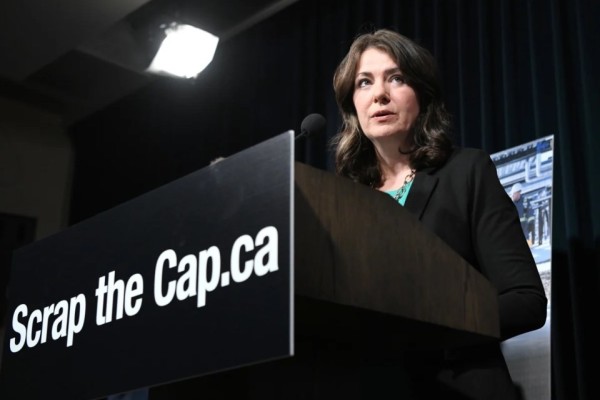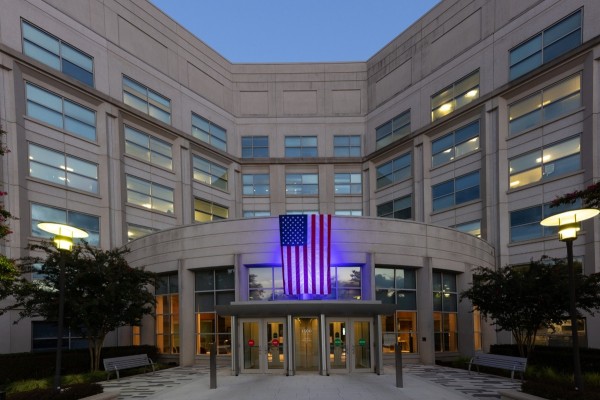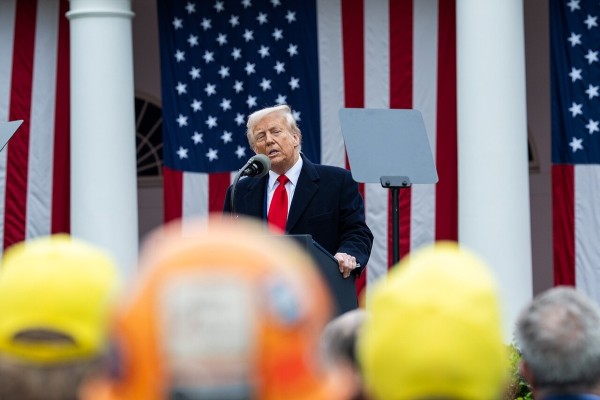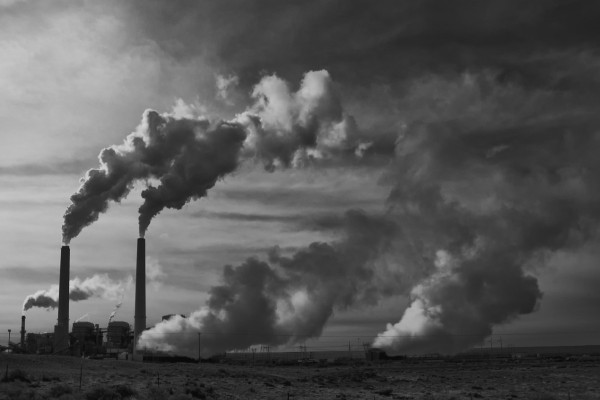-
_600_400_90_s_c1.jpg)
MAGA and the pope
It is in the US where the real kindling for the TradCath movement has been laid. There has been serious concern in recent years that this cultural reaction could manifest in a full-blown Church schism which could even see the secession of some portion of the American Church from the Holy See—a faction sometimes referred to as “MAGA Catholicism.”
-

Chris Hedges: Trumpland
The Christian fascists and oligarchs gleefully handing Donald Trump his sharpie and executive orders are not making war on the deep state, the radical left or to protect us from “antisemites.” They are making war on verifiable fact, the rule of law and the transparency and accountability that is only possible with a free press, the right to dissent, and a separation of powers.
-

Whose side is Danielle Smith really on?
Oil and gas executives, and the politicians who parrot their talking points, are looking out for corporate owners while using workers as cover. What workers actually need is a well-funded plan to help them transition from the oil and gas sector. This would allow Alberta to become less reliant on a single sector, which is in long-term decline.
-
_600_400_90_s_c1.jpg)
Could a Trump-driven trade crisis spur us to rethink economic growth?
Now that economic rethinking is on the agenda, argues Richard Swift, it’s a good time for those who see the ominous writing on the wall to challenge the growth consensus and promote a package of serious degrowth measures, some of which align with historic left demands and the Green New Deal which seems to have faded from view.
-

America’s surprising annual threat assessment
From economic war on long-time trading partners and allies, like Canada, to the threat of war or the support of war against adversaries, like Iran and Russia, the American public is misleadingly being told something very different by their government than their government is being told by its intelligence community.
-

Democracy dies in daylight
A non-political civil service, diversity, USAID, the National Endowment for the Humanities, Fulbright Scholarships, federal funding for scientific and medical research—the Washington Post, the Kennedy Center, the National Gallery of Art, Ivy League universities, “big law”—the great institutions of liberal America are falling to Trump like dominoes, one by one.
-

Canada’s support for LNG is support for Trump’s new form of fossil-fuelled fascism
Politicians here in Canada have been quick to distance themselves from Trump because of his threats to annex the country as a 51st state. But at the same time as they grandstand about opposing Trump and his plans for the world, they continue along as partners in his effort to grow the market for oil and gas by any means necessary.
-

Surrendering to authoritarianism
The law in authoritarian states protects the criminality of the powerful. It revokes due process, basic freedoms and the rights of citizenship. It is an instrument of repression. It is a very small step from the stripping of rights from a legal resident holding a green card to the stripping of rights of any citizen. This is what is coming.
-

Living in the upside-down
While in Gaza an intensifying series of air strikes killing hundreds of Palestinians does not constitute an act of war, the US is the victim of a “invasion” launched by Venezuela involving neither ground troops nor air power, but whose “devastating effects” nevertheless justify the suspension of normal due process rights. Truly we are living in the upside-down.
-

Weidel and the White House won the federal elections in Germany
The real winners of the German election are the hard-right leader Alice Weidel and her White House friends, Elon Musk, J.D. Vance and Donald Trump. Whatever Friedrich Merz’s plans are, he must expect barrage fire from the Weidel-White House connection. Looking back at the election campaign, it looks like he’s actually inviting it.



